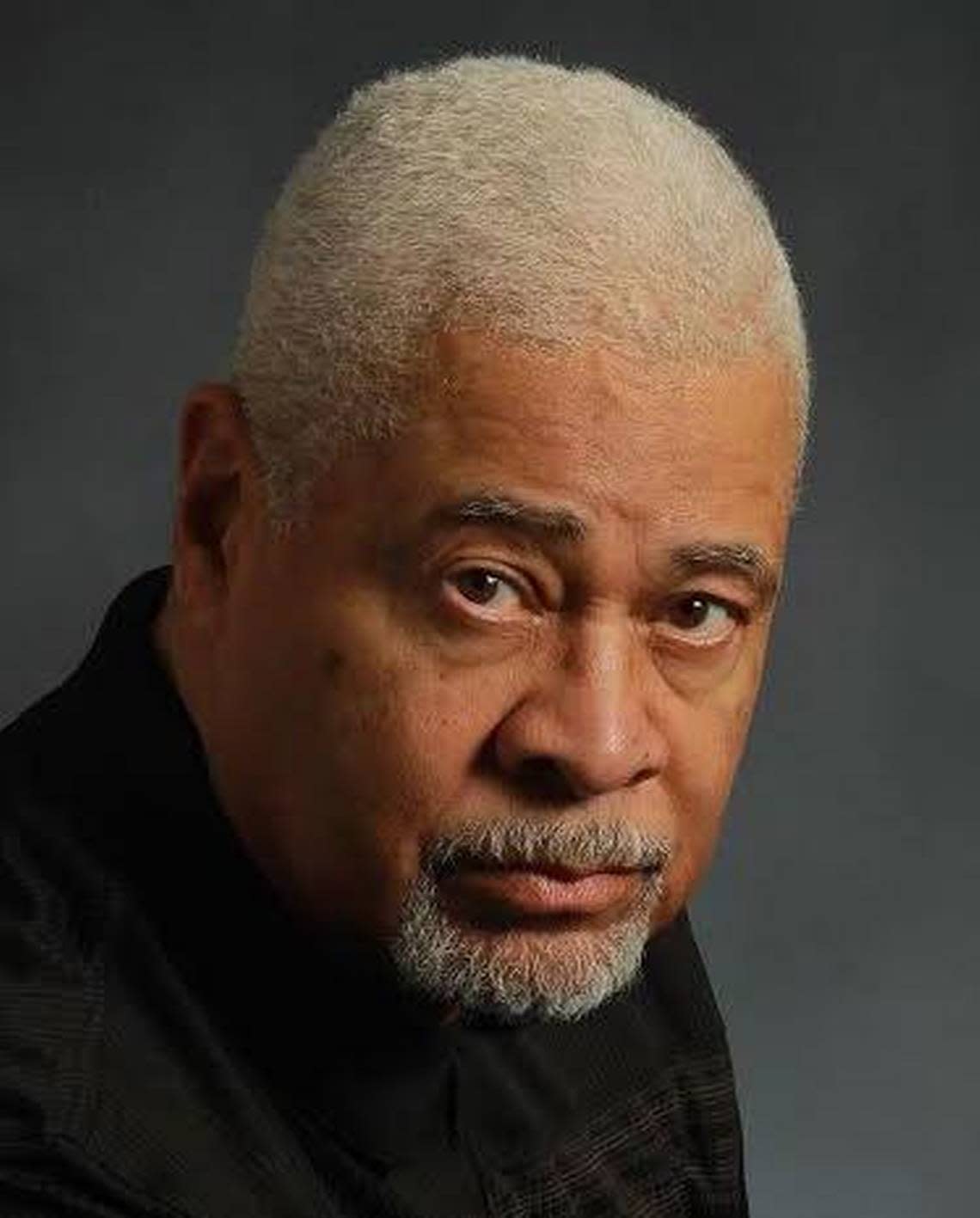Under the baobab: Black history project unearths Centre County stories

Beverly Mills Butcher recently visited Bellefonte, where she was born 88 years ago. She talked to us about growing up in the thriving Black community with roots that go back to the American Revolution. Racine Amos, instruction and outreach archivist for the Eberly Family Special Collections Library at Penn State, arranged to interview Ms. Mills Butcher, matriarch of the Mills Brothers family, about the impact that people of color — particularly African Americans — have had in Happy Valley.
Many people escaping the brutal system of enslavement of African people came through this area on the underground railroad. Some settled. Many joined the nearly 200,000 African Americans in the Union army to fight for their liberation. Their names are inscribed on the Centre County Veterans Memorial in front of the county courthouse. After the Civil War hundreds settled in the area. They opened stores, barber shops, a masonic lodge, two churches and a school. During the Jim Crow era, they fought for equal opportunity. In fact, as reported by Sue Hannegan and Daniel Clemson in a 2008-09 information sheet titled “Bellefonte Public Schools: Among Earliest To Turn from ‘Separate, But Equal’ To Desegregated Facilities”:
“At the September 1885 board meeting, a committee of four black men appeared to plea the case of the 43 black students attending (the ‘colored school’ on Jail Hill. The men) were Rev. J.J. Norris of St. Paul A.M.E. Church, William Mills, Rev. Charles Garner, and Jackson McDonald.”
The board pointed out that Pennsylvania law stated, “it shall be unlawful for any school director, superintendent or teacher to make any distinction whatever, on account of, or by reason of the race or color of any pupil or scholar who may be in attendance upon, or seek admission to, any public or common school, maintained wholly or in part under the school laws of this Commonwealth.”
Black students were transferred to the public schools. Because of the community’s efforts, Bellefonte integrated schools 70 years before the U.S. Supreme Court’s decision in Brown v. Board. By 1886-67 the segregated colored school on Jail Hill was closed. In 1891 Charles Gilmore Garner, eldest son of the Rev. Charles and Mary Garner, was one of six graduates and the first African American to graduate from Bellefonte High School.
Boalsburg’s Duffy’s Tavern, one of the oldest inns of its type, was once managed by African Americans. In the early 1900s George Ferguson and his family moved from Philipsburg. He leased the Tavern building from Theodore Boal. George also attempted to buy the Hublersburg Inn. Unfortunately, while working in his chicken coop, George died of a heart attack. His wife continued to run the business, but raising three children while a tavern owner proved too heavy a burden so the family returned to Philipsburg.
Stories like these are being unearthed by the Black History in Centre County Project (BHCCP) a new volunteer-based collaboration dedicated to finding and sharing information about Black people, building on prior research of local historians and genealogists. They are actively seeking Black family history information from the public and local institutions. Inspired by the work of the late Rev. Dr. Donna King, former pastor of St. Paul AME Church, BHCCP is chaired by Racine Amos and Julia Spicher Kasdorf, professor of English at PSU. The research team also includes: Philip Ruth, senior historian; Nathan Piekielek, associate professor of geography at PSU; and Carmin Wong, PSU Ph.D. student in English and African-American Studies. We all benefit from their historical research that reveals the truth about our shared often hidden past.
Many young people of color who come to this community from Philly, Pittsburgh, NYC, DC and beyond often feel estranged when confronted with the cultural homogeneity of this community. It could comfort them to know that the blood and sweat of their ancestors also watered this hallowed ground.
Charles Dumas is a lifetime political activist, a professor emeritus from Penn State, and was the Democratic Party’s nominee for U.S. Congress in 2012. He was the 2022 Lion’s Paw Awardee and Living Legend honoree of the National Black Theatre Festival. He lives with his partner and wife of 50 years in State College.

